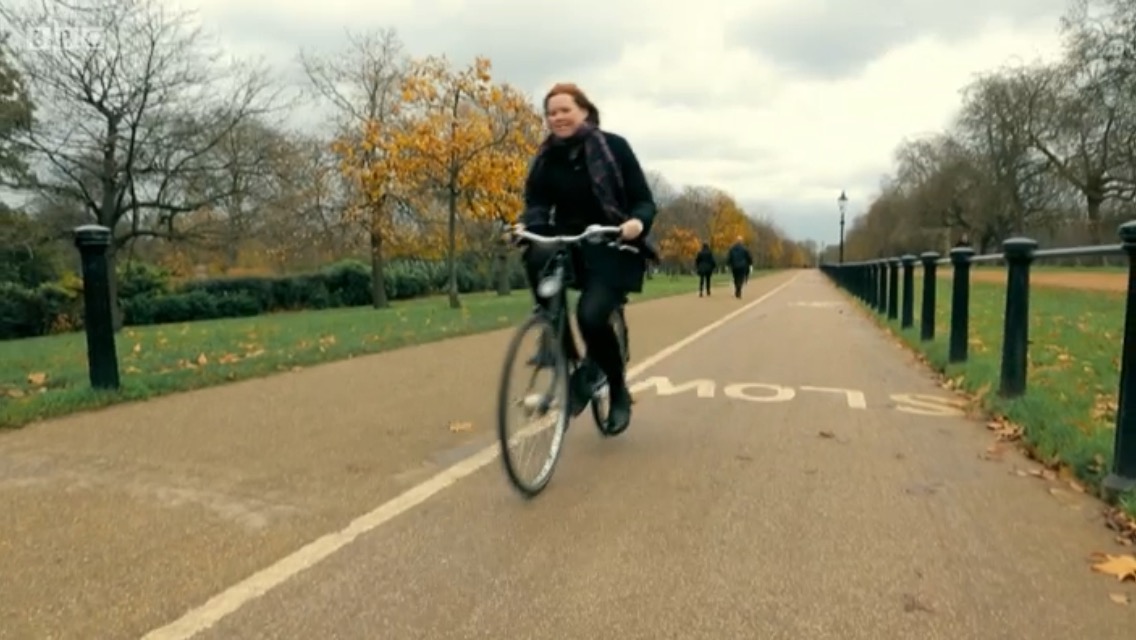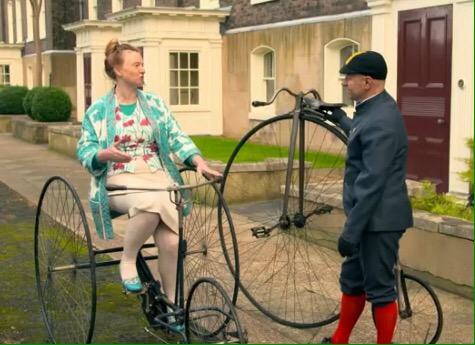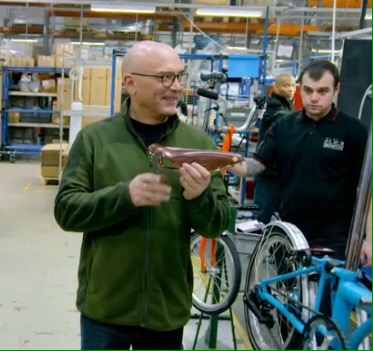Tessie Reynolds, a long-forgotten cycling athlete from the late Victorian era, has returned to the spotlight through Brighton Museums.
Brighton Museums “100 First Women Portraits” celebrates women’s accomplishments through the photography of Anita Corbin. Portraits range from Lady Hale of the Supreme Court, to football manager Hope Powell, to musician Suzi Quatro. The exhibit ran February 15th-June 7th 2020 but has been extended online.
As a companion to the exhibit the Brighton Museum Blog launched ,“100 Pioneering Women of Sussex.” Posts by staff and guest writers dig deep into local women’s history. To mark world Cycling Day on June 3rd, I contributed a piece about teenage cycling sensation Tessie Reynolds who smashed the Brighton to London and back record in 1893.
To discoverTessie’s story read “Record Breaking Brighton Cyclist Tessie Reynolds” on the Brighton Museums blog.
For more on Tessie’s amazing accomplishment, see my article “Tessie Reynolds: The Stormy Petrel in the Struggle for Women’s Equality in Cycling Racing and Dress.”
Through her accomplishments in cycle racing and dress reform, Tessie Reynolds made an important contribution to women’s emancipation. She is a Brighton native to be proud of.

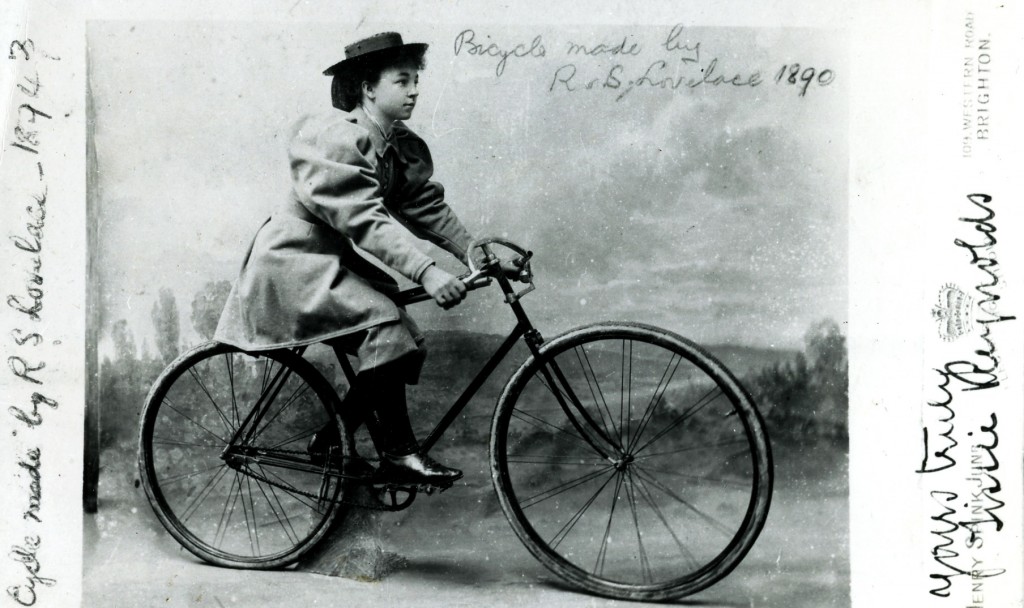
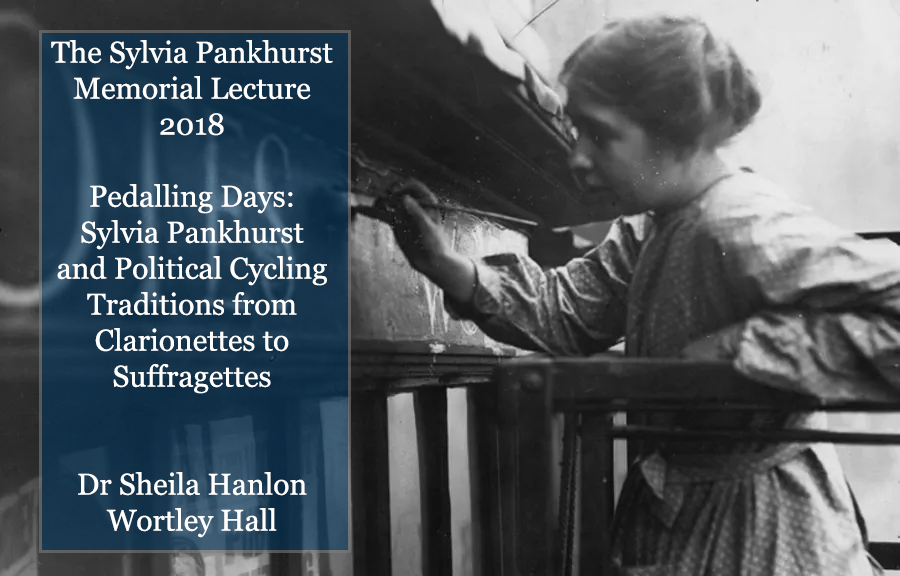
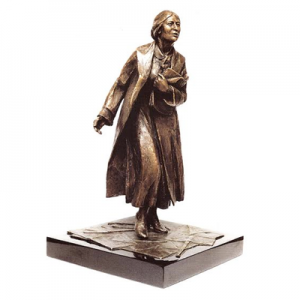
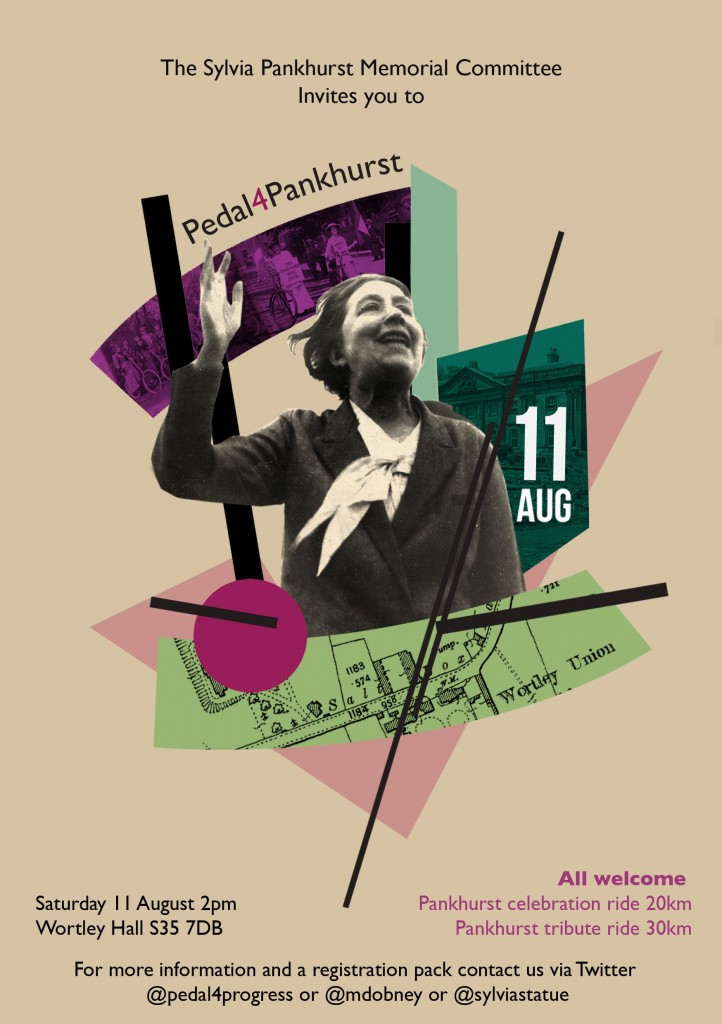
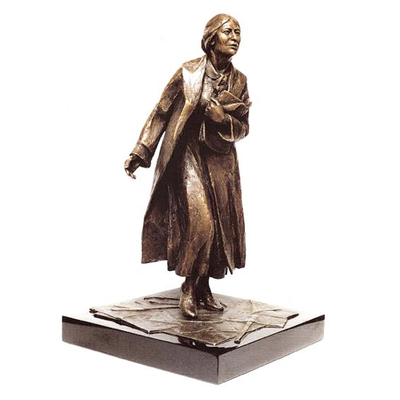
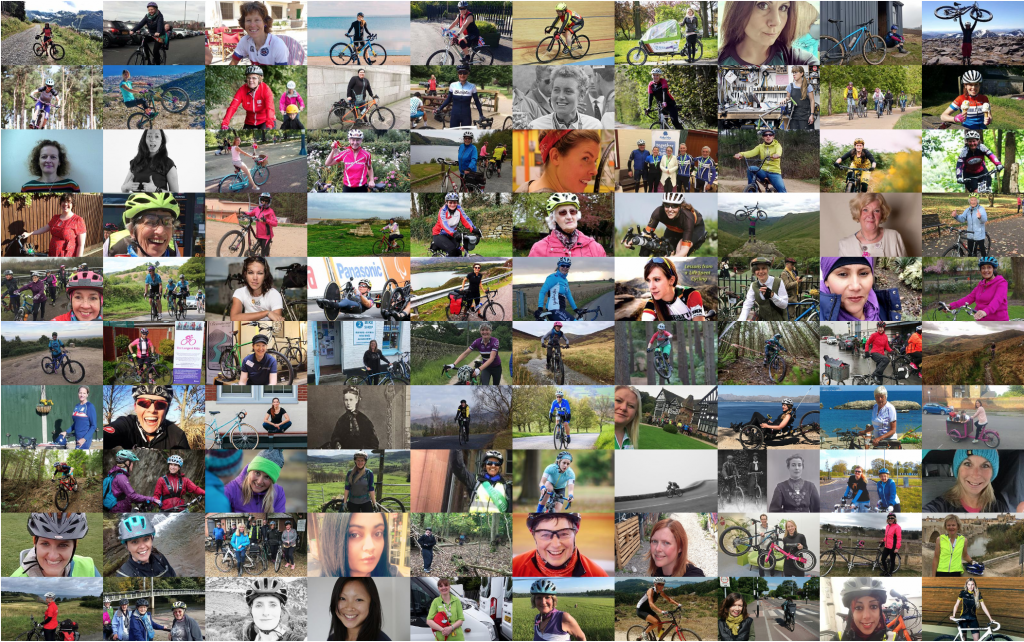
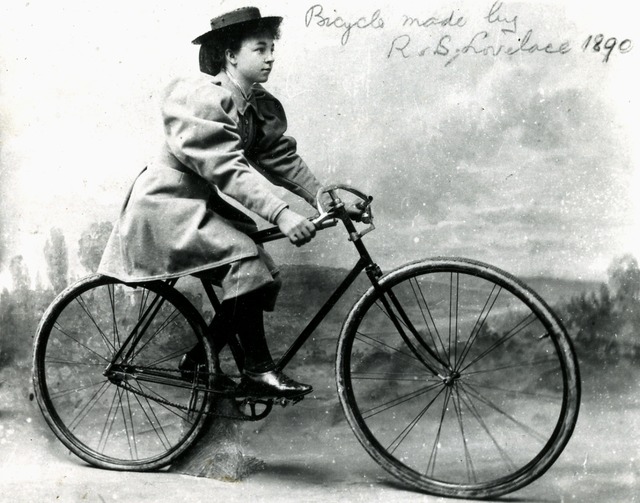
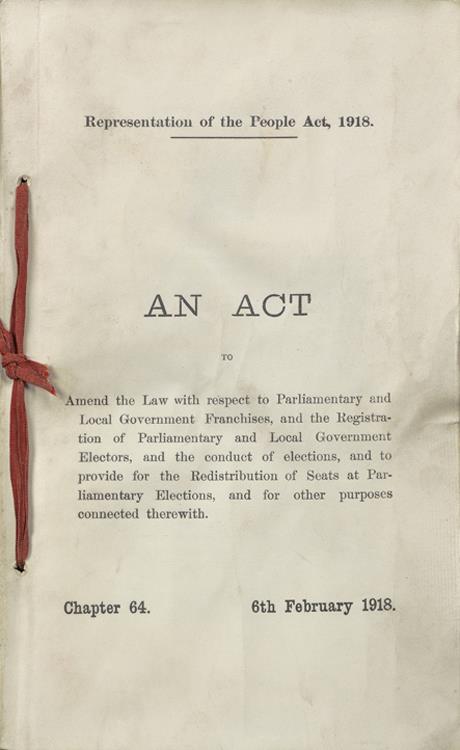
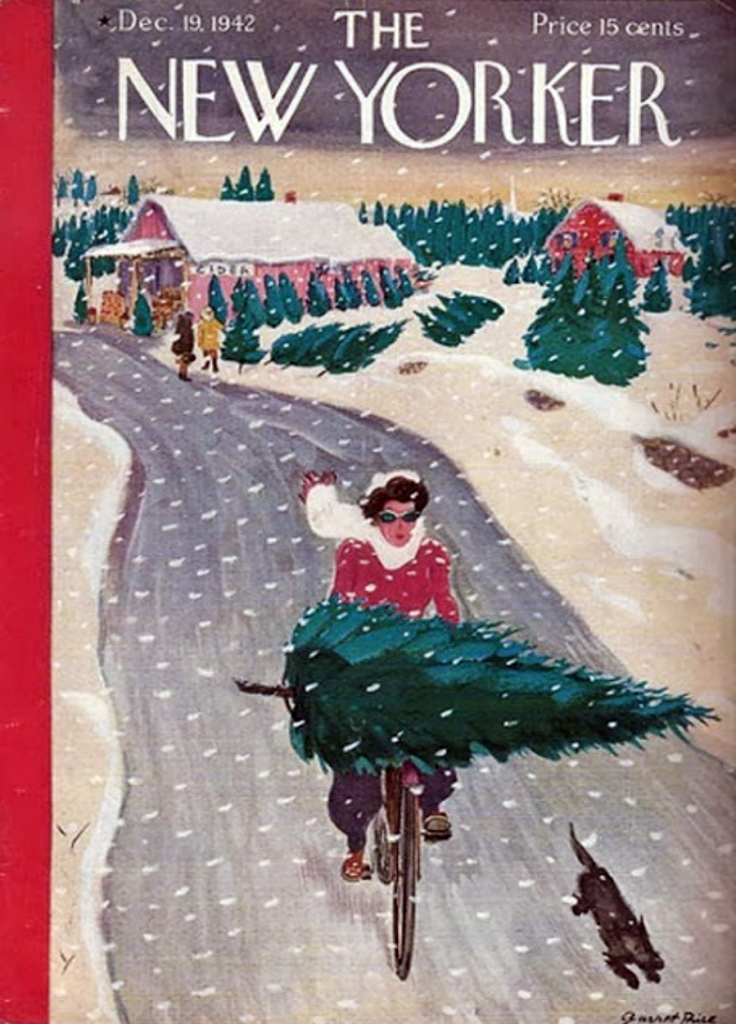
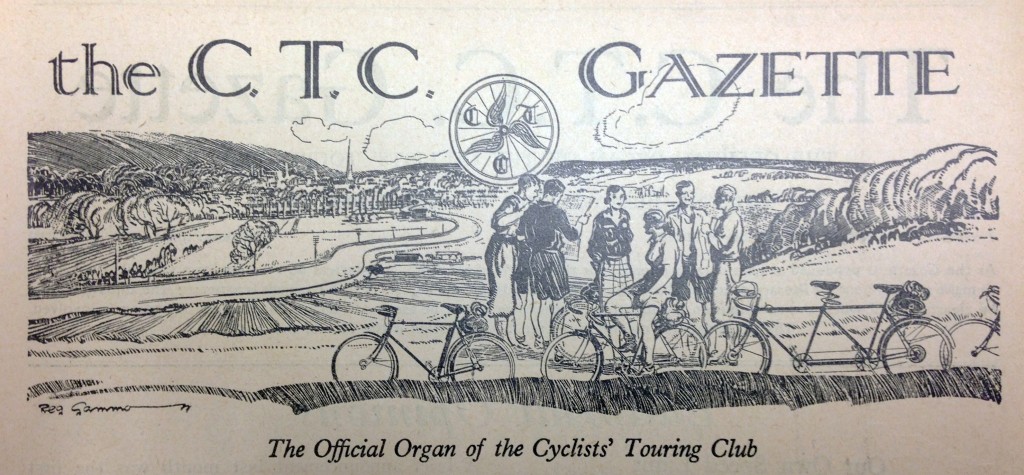

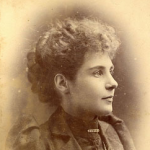
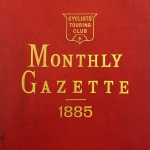
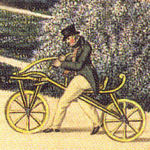
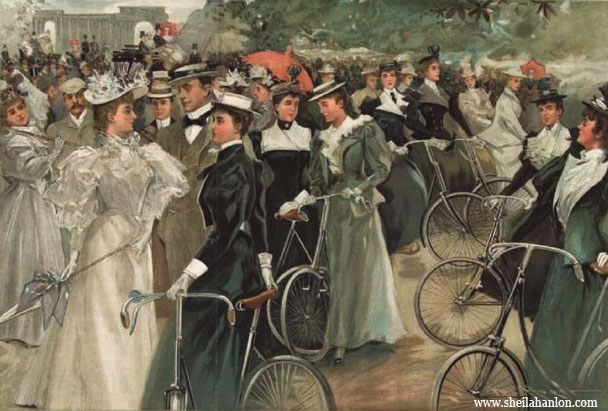
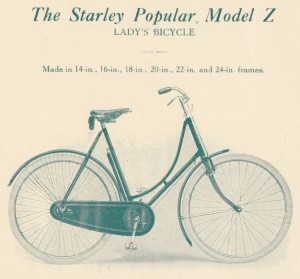 The introduction of the Safety bicycle in the mid-1880s ushered in a new era of popular cycling for men and women. With its low stature, diamond frame, two roughly equal sized wheels, and chain wheel rear drive The Safety was similar to the bicycle of today. A ladies’ drop frame was devised by lowering or removing the crossbar.
The introduction of the Safety bicycle in the mid-1880s ushered in a new era of popular cycling for men and women. With its low stature, diamond frame, two roughly equal sized wheels, and chain wheel rear drive The Safety was similar to the bicycle of today. A ladies’ drop frame was devised by lowering or removing the crossbar.